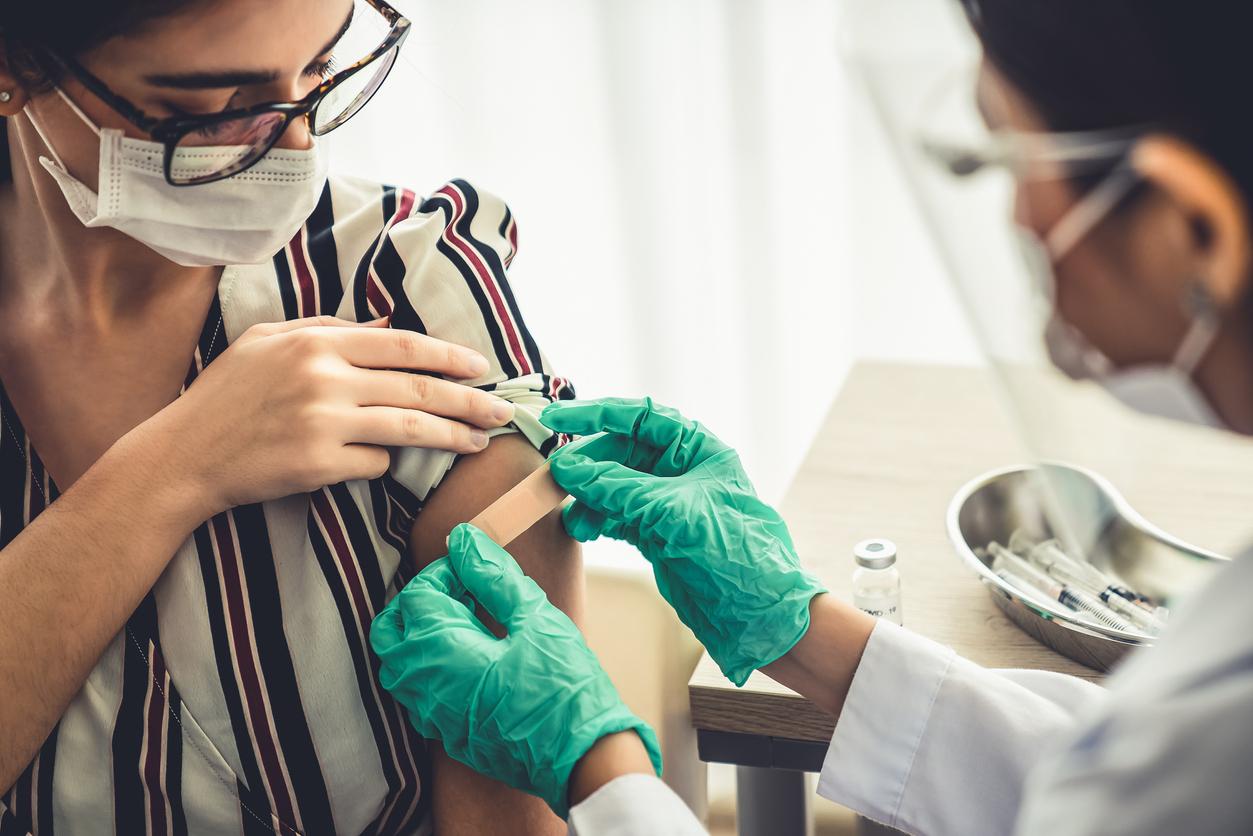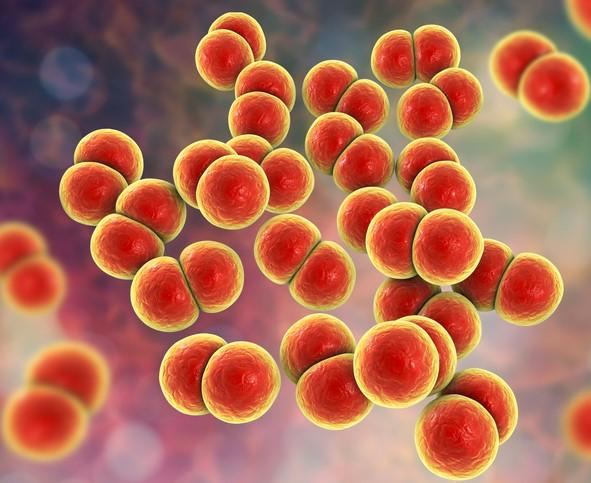
Among adults in Ravensburg, Germany, financial incentives for COVID-19 vaccination did not result in significant changes to vaccine uptake and may have inadvertently lowered community vaccination levels, according to a recently published study in JAMA Network Open.
The randomized controlled trial compared vaccine outcomes in adults in the mid-sized city. One resident at each address among the entire adult population was mailed letters beginning in November 2021 alerting them to seven upcoming free vaccination events. Controls received just the letters, while those in the treatment group received the letters and an incentive of €40 (US $41.46) if they got vaccinated at one of the events.
German health authorities recommended booster vaccinations for all persons 18 years or older on November 5, 2021, the authors said. "The availability of COVID-19 vaccines and vaccination appointments for the general public were limited," they wrote. "Public vaccination events were intended to ameliorate this issue, especially as the start of the booster campaign created a considerable demand wave."
Among 41,548 residents (average age, 49.96 years; 51.3% female), 796 (1.9%) were vaccinated at 1 of the 7 public vaccination events, the authors said. The effect of financial incentives on primary and booster vaccinations was nonsignificant.
Incentives likely unnecessary for those willing to get vaccinated
"The individual-level incentive may have simply been unnecessary for those who already intended to be vaccinated," the authors wrote. They also noted that by the end of 2021, Ravensburg achieved a vaccination rate of 70%, which research showed was the proportion of people willing to be vaccinated in Germany.
The individual-level incentive may have simply been unnecessary for those who already intended to be vaccinated.
Of note, finical incentives had a significantly negative spillover effect of −0.29 percentage points (95% confidence interval, −0.53 to −0.06 percentage points) for first vaccination events. And adults who lived in homes with someone who had received a letter offering financial incentives were less likely to get a booster dose than those who lived with controls.
"The fact that we see any negative spillover from the combination of individual-level and community-level incentives should be viewed as a cautionary note regarding the use of monetary incentives in this context," the authors concluded.













